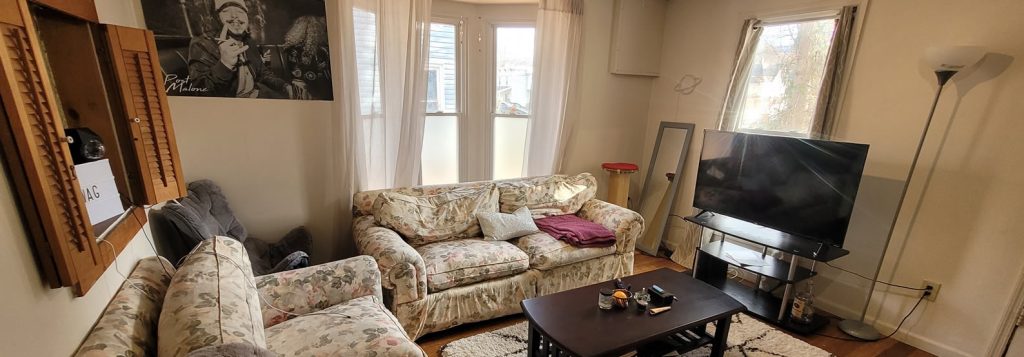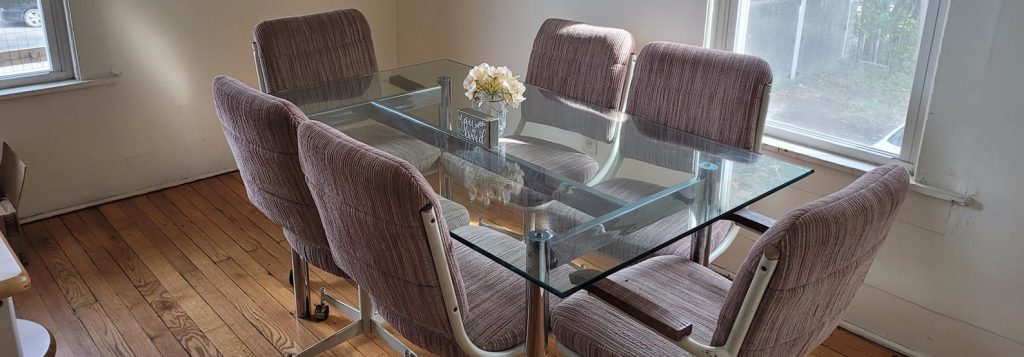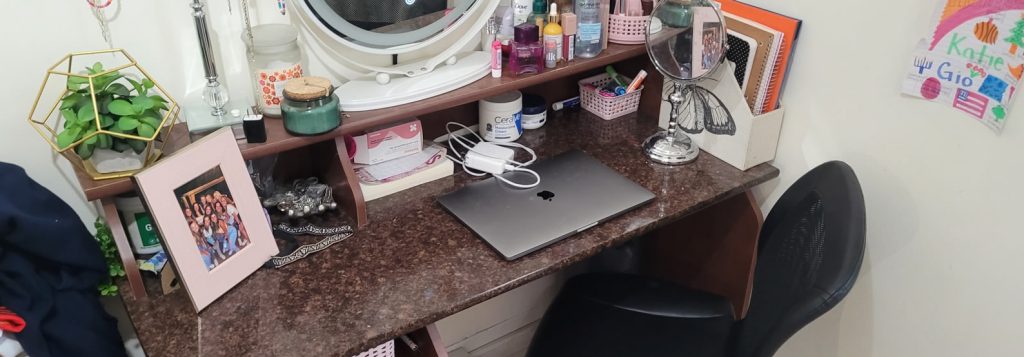Communication skills are crucial for success in any field. They are a key component to success in the workplace, and a college environment is an ideal place to hone these skills. Communication is not just about speaking and listening, it is about how we use the words we speak and the way we listen to others. It is about understanding what someone else is saying, how they are feeling, and how they are reacting to what you have said or done.
Communication skills also include being able to read between the lines of a conversation as well as knowing when it is appropriate to speak up or when it’s best to stay silent. Employees with poor communication skills are often seen as difficult to work with. As a result, employers may find it much easier to find an employee that can do the job and is willing to listen. Employers would rather hire someone who is eager and excited to learn than someone who seems disinterested or indifferent. Communication skills are so important that they have even been deemed “essential job skills” by the American Society for Training and Development.
Many people are not aware of how to develop communication skills. In order to be a more effective communicator, it is important that one first assess their personal strengths and weaknesses in communication. Communication skills can then be developed based on this assessment by conducting self-reflection activities such as journaling, reflecting on feedback, and observing oneself.
When it comes to self-reflection activities, journaling is one of the most popular methods for communication skills development because it helps people to articulate their thoughts in a more clear and organized fashion which can then be followed up with reflection. There are two particular types of journaling that can help people to develop communication skills: Personal journaling and Group journaling.
Personal journaling is the act of breaking down your thoughts, feelings and experiences into words in order to examine them. This is a process that many people use as a form of self-reflection to help identify what someone’s values are, how they feel about themselves, or who they strive to be.
For a group exercise, journaling can also offer a safe space for others to share their thoughts and experiences through words. This can help members of the group to better understand one another. There is a large body of research on “social support” and how it can have positive effects on mental health, physical health, and relationships. Some groups use this perspective to generate a list of “social connections” the group members can share with each other. When creating a community journaling group, it is important to have a list of related questions that the group members can answer in relation to their own social connections. These questions may include things like: How do you define success? Where do you feel most comfortable making new friends? What is your favorite way to relax and de stress? How would your best friend describe you, personally and professionally?
Another way you can develop your communication skills is to create a speech about a topic that you are familiar with or passionate about. Practice speaking confidently and presenting yourself well. If you struggle with writing or presenting a speech, there are ways to develop your skills. You can write down your thoughts in order and then read them aloud, then re-read them again and again. As you say each word, try to be mindful of what you are saying. Since reading will take much longer than speaking, try to avoid distracting thoughts that might interrupt your speech. Keep a journal nearby with pen and paper so that any related thoughts that come to mind can be written down to include the next time through. Practice speaking among a group of friends or classmates and ask for feedback so that you can improve your skills over time. You can also reciprocate the favor and help each other become better communicators.
Communication skills are essential in order to succeed in the modern workplace. A study done by a university in Denmark suggests that students who learn how to work together and communicate effectively in college, are more likely to develop collaborative skills, another key component for success in both the workplace and in daily life. The college environment is an ideal place to practice and improve these skills.














